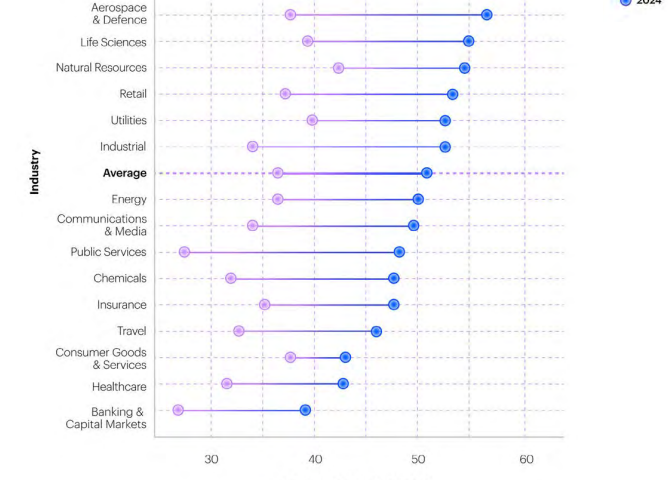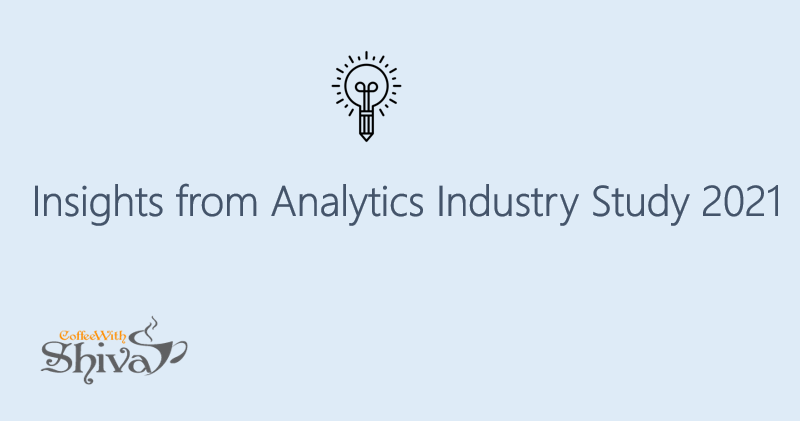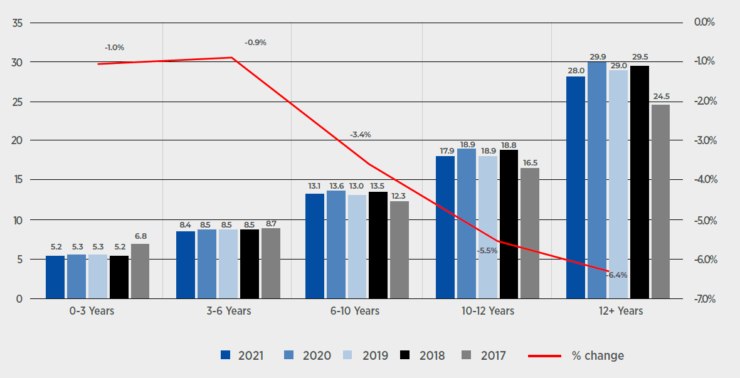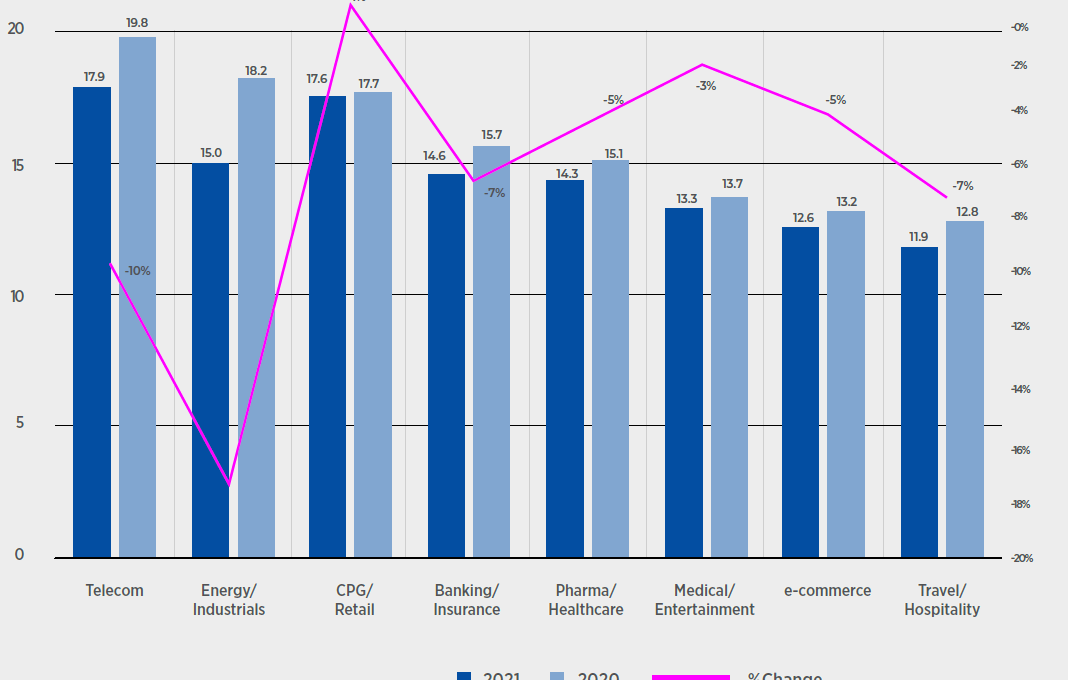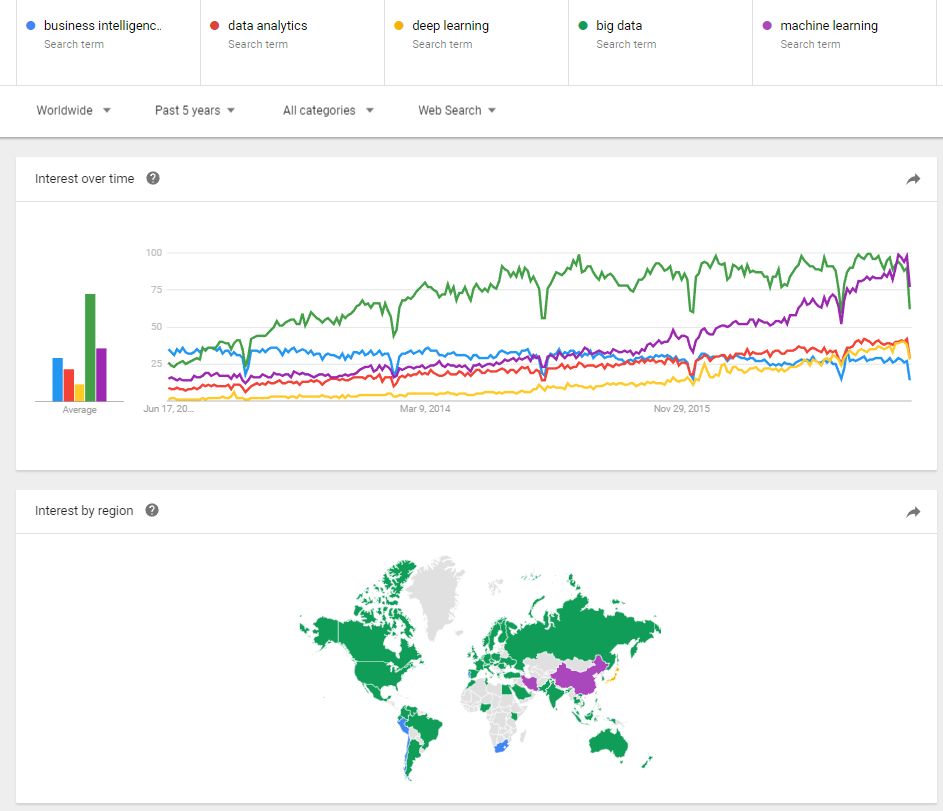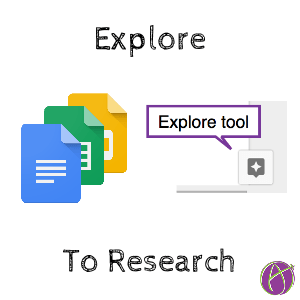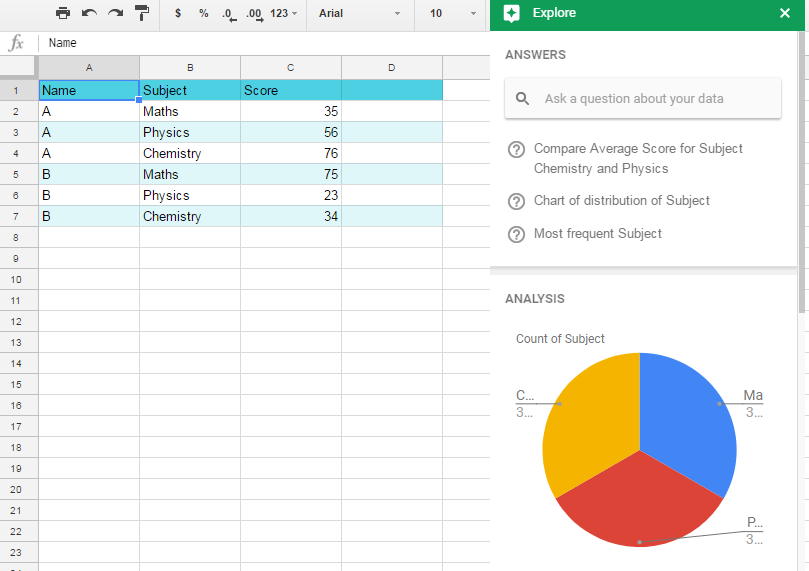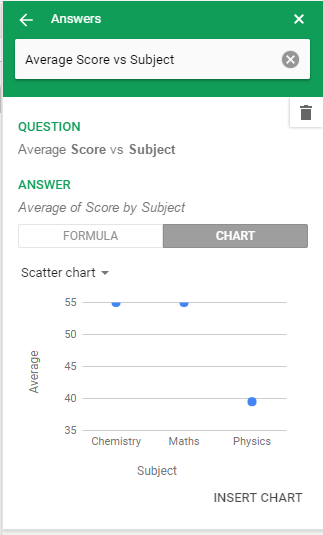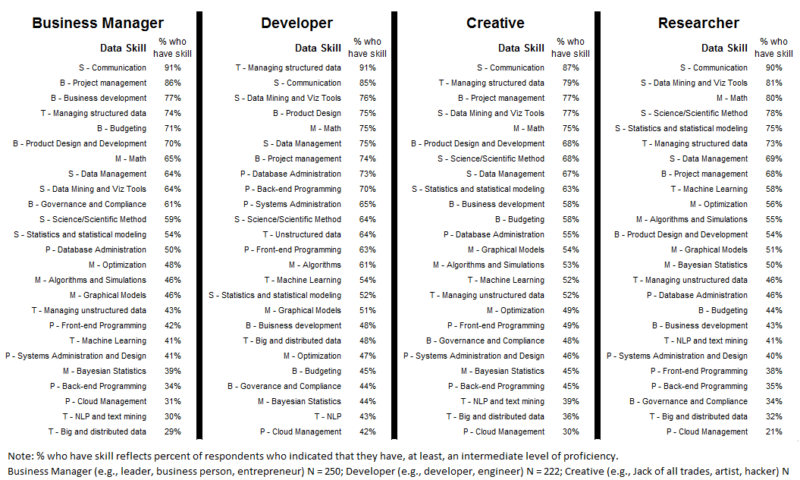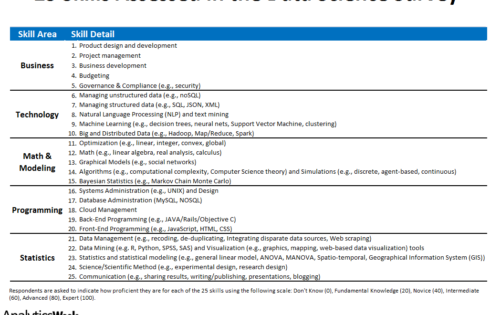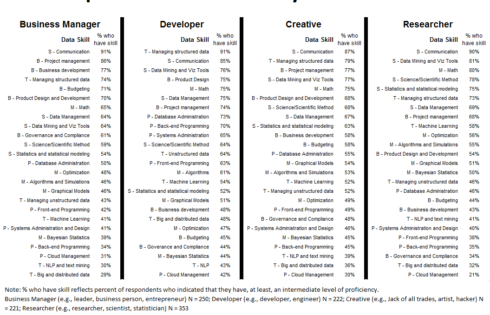OpenAI’s Path to Artificial General Intelligence (AGI)
OpenAI, a leading artificial intelligence research laboratory, has outlined a five-level framework to measure progress towards achieving Artificial General Intelligence (AGI). This framework provides a structured approach to understanding the complexities and potential implications of AI development.
Level 1: Conversational AI – chatbots with conversational language
- Focus: Developing AI systems capable of engaging in natural and informative conversations.
- Example: ChatGPT, Google Bard
- Benefits: Revolutionize customer service, education, and mental health support. Improve accessibility to information and facilitate human-computer interaction.
Level 2: Reasoners – human-level problem solving
- Focus: Creating AI systems that can solve complex problems, requiring reasoning, planning, and learning.
- Example: AI systems capable of drafting legal documents, conducting scientific research, or developing complex software.
- Benefits: Accelerate scientific discovery, increase efficiency in various fields like medicine and engineering.
Level 3: Autonomous Agents – systems that can take actions independently
- Focus: Building AI systems capable of operating independently in complex environments, making decisions, and taking actions.
- Example: Self-driving cars, robots capable of performing household tasks, or AI systems managing complex infrastructure.
- Benefits: Transform transportation, improve quality of life, and enhance efficiency in industries like manufacturing and logistics.
Level 4: Innovators – AI that can aid in invention
- Focus: Developing AI systems capable of generating new ideas and solutions, demonstrating creativity and adaptability.
- Example: AI systems designing new drugs, creating innovative products, or composing music.
- Benefits: Drive economic growth, foster innovation, and potentially lead to breakthroughs in fields like art, science, and technology.
Level 5: Organizational Equivalents – AI that can do the work of an organization
- Focus: Creating AI systems capable of operating as entire organizations, making strategic decisions, and adapting to changing environments.
- Example: AI systems managing complex businesses, governments, or non-profit organizations.
- Benefits: Revolutionize governance, economic systems, and societal structures. However, also raises significant ethical and societal challenges.
According to Bloomberg, OpenAI believes its technology is approaching the second level of five on the path to artificial general intelligence. It’s important to note that this framework is a conceptual roadmap and the exact boundaries between levels may be fluid. Additionally, achieving each level represents a significant technological leap and will likely require substantial advancements in hardware, algorithms, and data.
While the potential benefits of AGI are immense, it’s crucial to address the associated challenges and risks, such as job displacement, bias, and the potential for misuse. OpenAI and other leading AI research organizations are actively working on developing safety protocols and ethical guidelines to ensure that AGI benefits humanity as a whole.
References:
https://www.bloomberg.com/news/articles/2024-07-11/openai-sets-levels-to-track-progress-toward-superintelligent-ai?embedded-checkout=true&sref=HrWXCALa
https://www.forbes.com/sites/jodiecook/2024/07/16/openais-5-levels-of-super-ai-agi-to-outperform-human-capability


